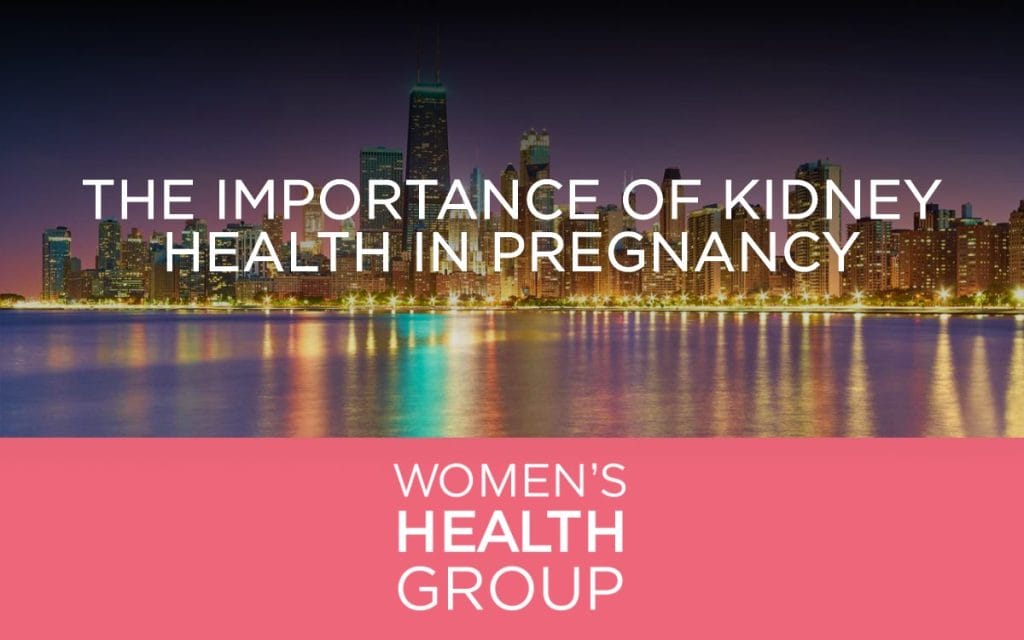Understanding the Role of Kidneys in Pregnancy
The kidneys play an integral role in maintaining our overall wellbeing, and their role becomes even more vital during pregnancy. These bean-shaped organs are primarily responsible for clearing our blood of excess fluids and waste products. During pregnancy, the kidneys have to work doubly hard as they manage the waste products not just for the mother, but also for the growing fetus.
Why is Kidney Care Crucial During Pregnancy?
Pregnancy instigates several changes in your body, including your kidney function. Your kidneys must now filter not merely your blood, but also the extra blood flowing due to the growing fetus. This increased workload can occasionally lead to kidney complications or reveal pre-existing kidney conditions that were previously dormant or asymptomatic. Therefore, diligent kidney care is crucial during pregnancy.
Knowing the importance of maintaining healthy kidneys during pregnancy will equip you with the necessary knowledge to ensure a safe and healthy gestation for both you and your baby. Here are primary reasons kidney care is essential during pregnancy.
Regulation of Blood Pressure
Kidneys play a crucial role in regulating blood pressure by managing fluid levels in the body and secreting a hormone called Renin. Pregnancy can often exert extra pressure on the kidneys, resulting in gestational hypertension, a condition characterized by high blood pressure during pregnancy. This kidney-related problem can potentially lead to other complications such as Preeclampsia.
Filtration of Waste Molecules
During pregnancy, your kidneys work overtime to filter out waste products from your body and the growing fetus. If kidney function is compromised, waste molecules can accumulate in the blood, leading to potentially harmful complications for both the mother and the baby.
Management of Essentials Minerals
Your kidneys also help monitor and balance essential minerals in the body such as calcium and phosphate. Proper kidney function ensures the right balance of these minerals necessary for the baby’s bone development.
Kidney Conditions and Pregnancy
Certain kidney conditions can directly impact pregnancy’s course. Chronic kidney disease (CKD), kidney stones, and urinary tract infections (UTIs) are some conditions requiring special attention in pregnant women.
Chronic kidney disease involves long-term damage to the kidneys, reducing kidney function over time. Women with CKD can have successful pregnancies, but they may face an increased risk of adverse pregnancy outcomes, including preterm birth, as indicated in a research article published on Mayo Clinic’s website.
Similarly, kidney stones and UTIs can cause significant discomfort and potential risks during pregnancy. Therefore, it’s vital to pay attention to kidney health and follow any necessary preventive or therapeutic measures.
Preventive Measures for Kidney Health During Pregnancy
Pregnant women can take several measures to ensure their kidneys function properly throughout their pregnancy.
• Hydration: Drinking plenty of fluids, particularly water, can help kidneys function optimally and prevent the formation of kidney stones.
• Balanced diet: A diet rich in fruits, vegetables, whole grains, and low-fat dairy can help maintain kidney health.
• Regular prenatal care: Regular check-ups can help catch any potential kidney problems early.
• Exercise: Regular physical activity can help manage blood pressure and contribute to overall kidney health.
Maintaining Kidney Health Post Pregnancy
Kidney care should not stop once the baby is born. It’s essential to continue taking care of your kidneys to prevent any long-term damage that might have occurred during pregnancy. Regular medical checkups, maintaining a healthy lifestyle, drinking plenty of fluids, and promptly treating any infections can all contribute to sustained kidney health.
Conclusion
Kidney health plays a vital role in ensuring a healthy course of pregnancy as mentioned by Women’s Health.gov. By understanding this importance, by recognizing the related risks, and by adopting a preventive approach, pregnant women can greatly contribute to their health and that of their growing baby. Stay informed, stay proactive, and lead the way towards a healthier pregnancy.




